What will your child learn in Year 2? Discover the full PP4 Curriculum at Sussex Prep School Sompting Abbotts
Mathematics
Scholastic is used as the core scheme as well as the Numicon scheme. Numicon apparatus is used to support number work along side other apparatus such as Hundreds, Tens and Units, clock faces, measuring equipment, ICT games using the PCs, Smart Boards and tablets.
Numbers and the number system
- Counting, properties of numbers and number sequences.
- Counting reliably up to 100 objects by grouping, initially in tens, fives and twos.
- Describe and extend simple number sequences counting on and back in ones or tens, starting from any two-digit number.
- Recognise odd and even numbers.
- Place value and ordering.
- Read and write whole numbers to at least 100 in figures and words.
- Know what each digit in a two-digit number represents, including 0 as a place holder.
- Order whole numbers to at least 100 and position them on a number line.
- Estimating and rounding.
- Use and begin to read the vocabulary of estimation.
- Fractions.
- Recognise and find one half and one quarter of shapes and numbers.
Calculations
- Understanding addition and subtraction.
- Rapid recall of addition and subtraction facts.
- Mental calculation strategies (+, -. x, ÷).
- Understanding multiplication and division and division facts.
- Learning multiplication tables for weekly tests.
- Checking results of calculations.
Solving problems and making decisions
- Reasoning about numbers or shapes.
- Problems involving real life money or measure.
Measure, shape and space
- Estimate, measure and compare lengths, masses and capacities using standard units.
- Read simple scales.
- 2D and 3D shapes.
Literacy
Activities will develop skills to:
- Build on prior phonic knowledge using a synthetic approach to learning spellings; develop a good understanding of sound-spelling relationships.
- Learn irregular words and extend vocabulary.
- Read daily to an adult and enjoy quiet or shared reading.
- Complete comprehension exercises.
- Notice the structures of stories, their settings and the characteristics of different genres. Consider these in own story writing.
- Write with greater independence and learn to edit their work.
- Write about familiar experiences linked with the stories they read.
- Identify and use the features of story language.
- Read, follow and write simple instructions.
- Use dictionaries and glossaries and understand alphabetical order.
- Differentiate between fiction and non-fiction.
- Write simple recounts and non-chronological reports, using headings, labels and captions.
During Year 2 children develop their understanding of the grammar introduced in the EYFS and Year 1. Work develops their ability to:
- Use grammar to decipher new, unknown words.
- Understand the agreement between nouns and pronouns.
- Consistently use the verb tenses correctly.
- Punctuate accurately using full stops and capital letters.
- Recognise and begin to use commas, speech marks and speech bubbles.
- Write question sentences.
Science
Health and Growth
Identify some types of food that make up their diet and name some of each; recognise that a balanced diet and exercise are necessary for them to grow and stay healthy; ask questions in order to make comparisons and describe differences e.g. between babies and toddlers. Know that animals produce young. Recognise that care needs to be taken with medicines.
Electricity
Identify common appliances, describe dangers associated with mains electricity; construct and make drawings of simple working circuits and explain why some circuits work and others do not.
Forces and Movement
Describe how to use pushes and pulls to make familiar objects speed up, slow down or change direction or shape; recognise that pushes and pulls are forces; plan a comparison and decide whether it was fair; make measurements of length using standard units.
Grouping and Changing Materials
Identify some naturally occurring materials; predict and describe how heating can change some materials. State the dangers of hot water. Investigate and describe what happens when water is heated or frozen. Carry out simple investigations, record observations and recognise when simple comparisons are unfair.
Plants and Animals in the Local Environment
Recognise that different plants and animals live in the school grounds and name some of them; know that flowering plants produce seeds which grow into plants; describe what they observe as plants grow and investigate the best environments for growth.
Variation
Recognise similarities between animals and between plants and the differences in these groups; suggest questions relating to differences between living things. Understand that plants and animals have features that make them suitable for living in certain habitats. Make measurements of length using standard units. Present results using tables and block graphs.
ICT
During the year, the children will cover the following areas of computing:
- Creating pictures and editing text.
- Retrieving information.
- Cutting and pasting text and pictures to create non-fiction pages.
- Routes – programming a floor turtle.
- Creating a presentation using Powerpoint.
History
Topics covered:
- Life in the recent past – family life in 1930s/40s/50s
- Guy Fawkes
- The Great Fire of London
- Seaside holidays in the past
Geography
- Our school-mapping skills.
- Looking at a globe and world map – where are we?
- A seaside study.
- Comparisons of hot and cold environments.
- Living on islands.
French
Children study French with a specialist French teacher from age 5 upwards. The curriculum is oral-based and mostly given in the target language. Children learn traditional and modern French songs and take part in many “fun” activities such as role-plays, food tasting and cooking. They are introduced to French life and culture in Year 2.
Music
Children in this age-group are taught by a specialist Music teacher, covering all aspects of the Music curriculum such as singing, playing percussion instruments and listening to music. In addition they are given opportunities to learn piano, violin and cello with Visiting Music Teachers. Children are encouraged to play in Assemblies and in concerts throughout the year.
Art
Art is taught by a specialist teacher in the art room.
- Exploration of the use of line, pattern and texture using a variety of media including clay, papier mache, paint, ink and charcoal.
- The work of famous artists.
R.E.
Topic headings:
- What does it mean to belong?
- Celebrations
- Why did Jesus tell stories?
PSHE
Circle Time and discussion time will be used to explore the themes of:
- New Beginnings
- Going for Goals
- Getting on and falling out, bullying and relationships
- Responsibilities
- Changes
Physical Education
Children are taught by a specialist teacher.






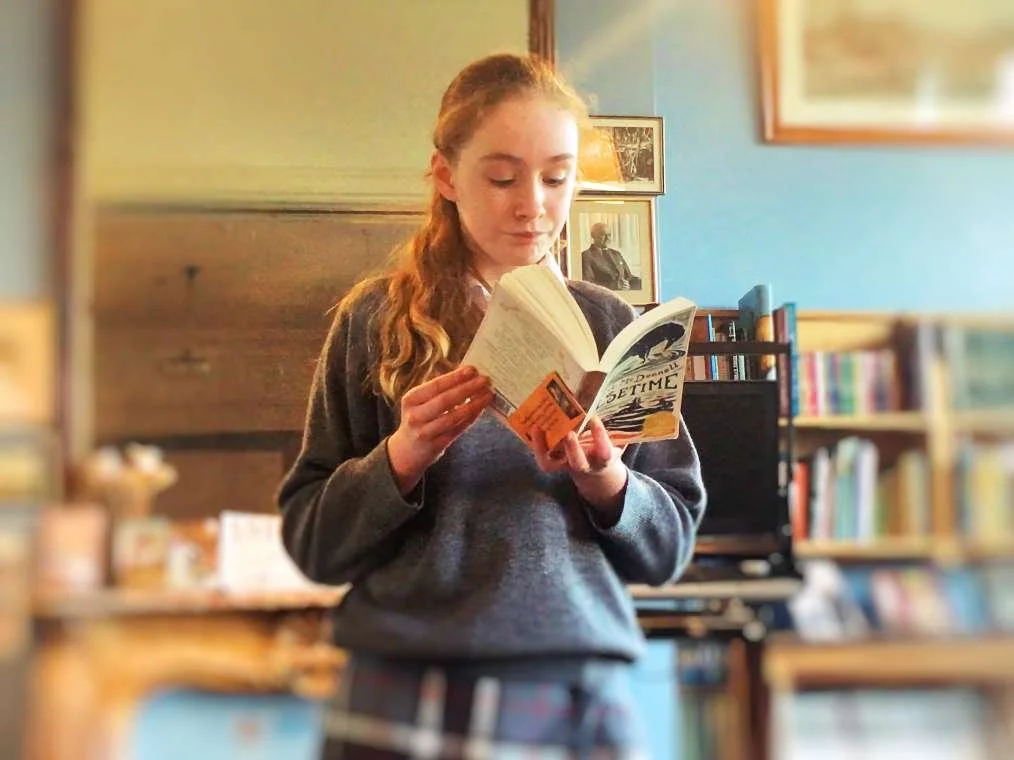














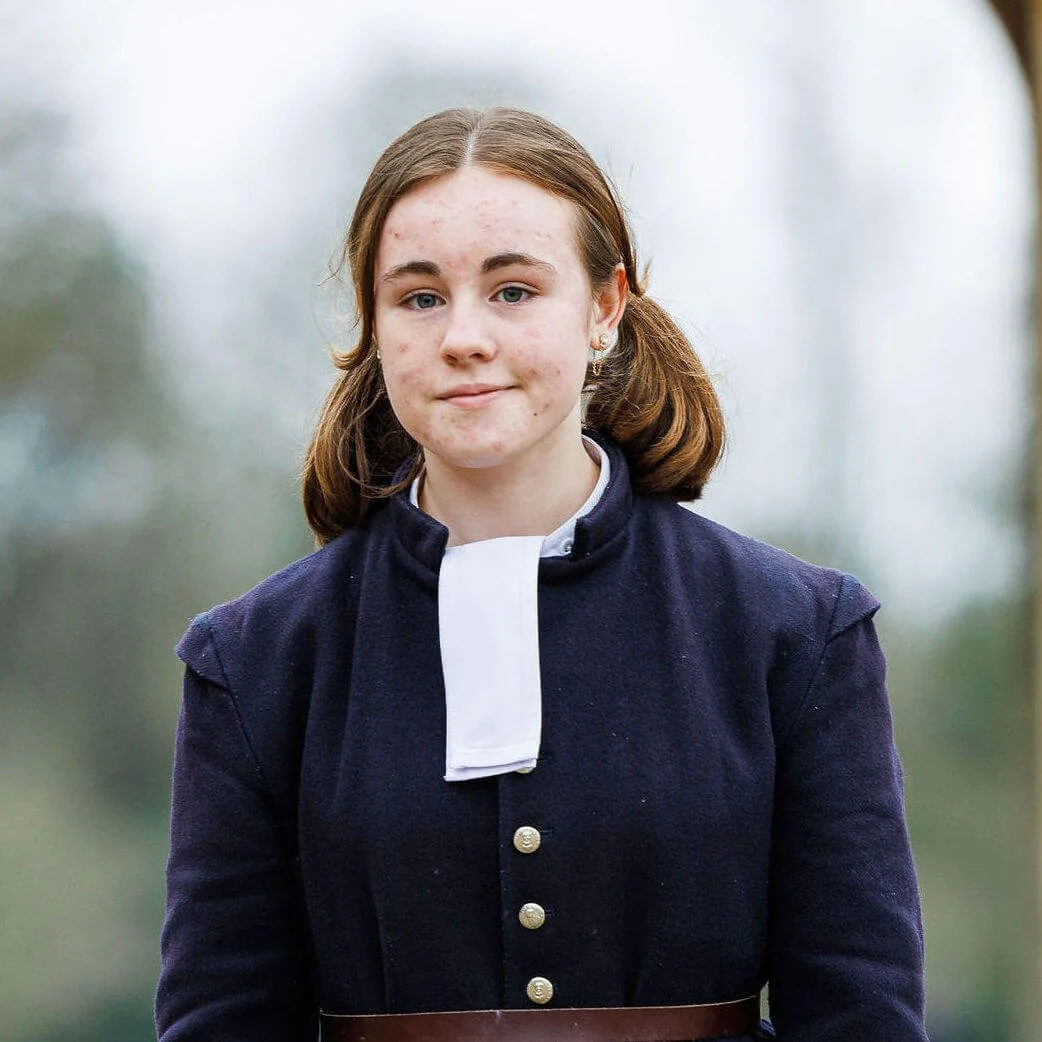
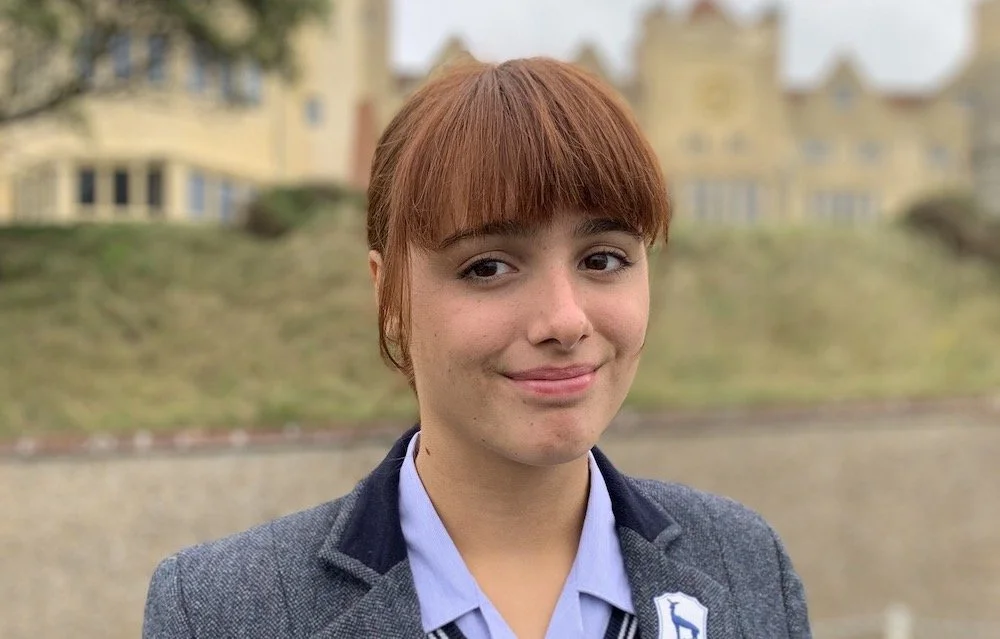


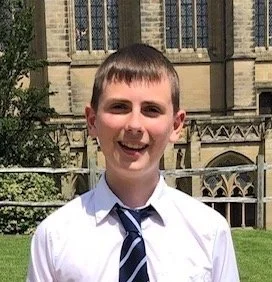

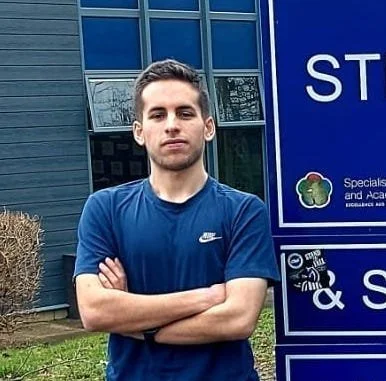

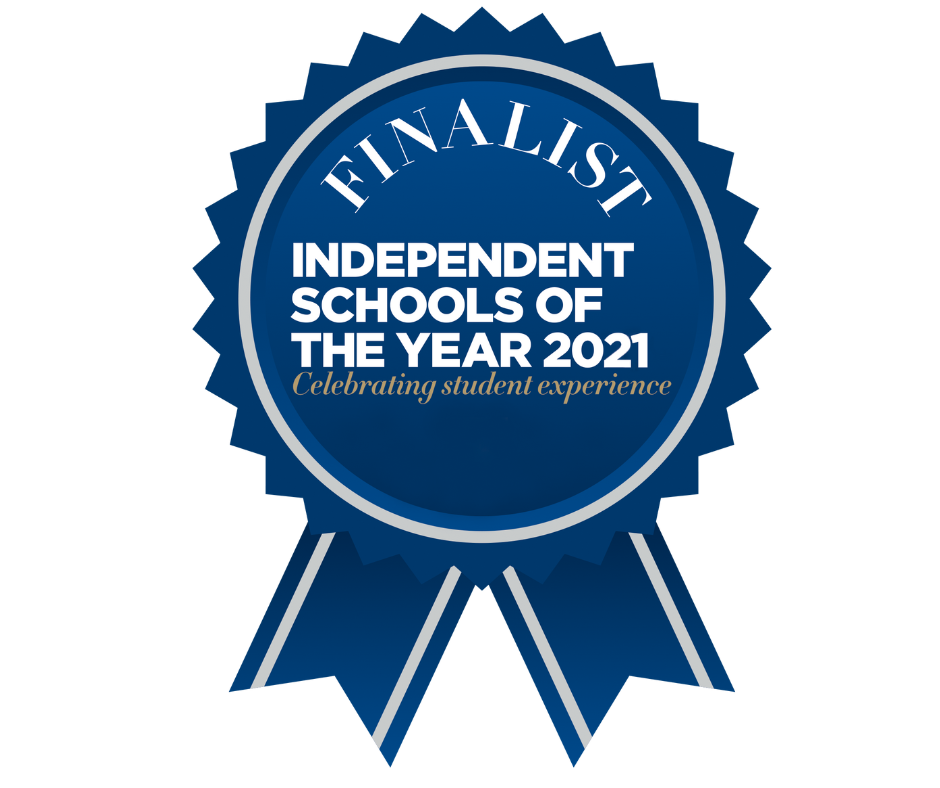




At Sompting Abbotts, we adopt a school-wide ethos that embodies our commitment to the environment. Its principles – 'Embrace Nature; Embrace Learning; Embrace Childhood' – are threaded through our teaching, influencing every child's journey from Pre-Prep to Upper Prep. Our 30-acre grounds and woodland in the South Downs National Park are at its roots.